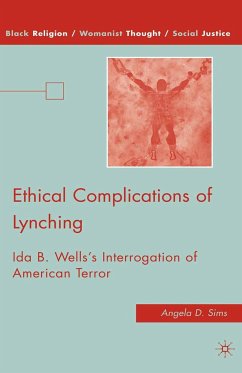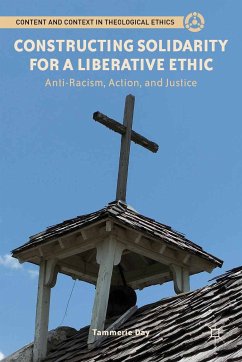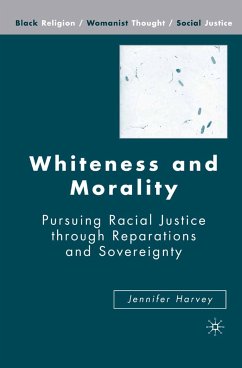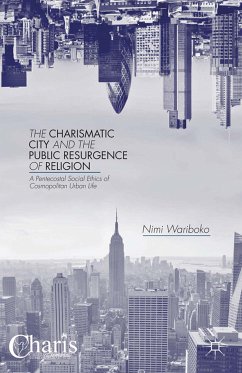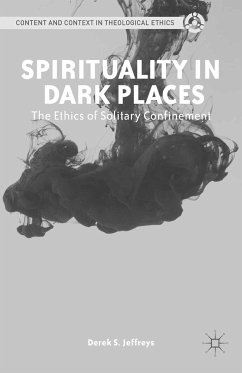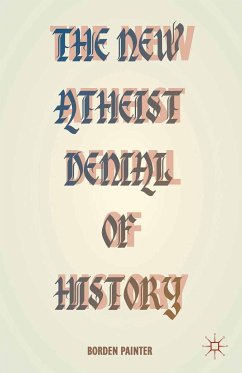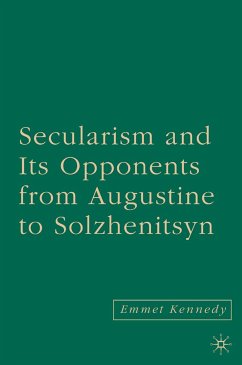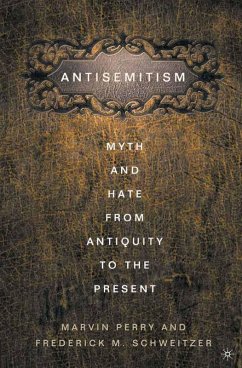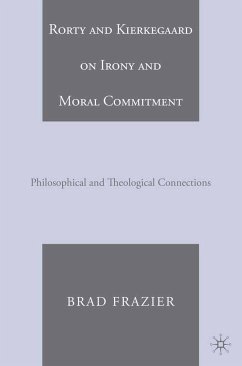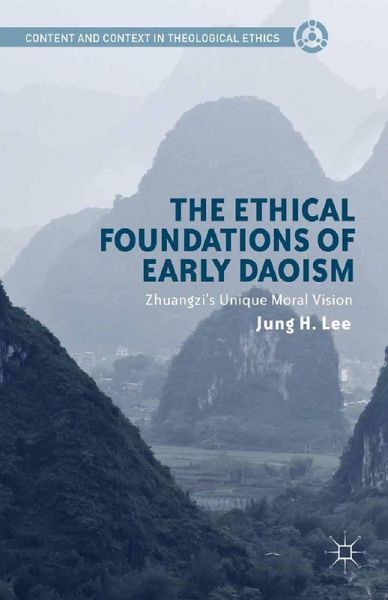
The Ethical Foundations of Early Daoism (eBook, PDF)
Zhuangzi's Unique Moral Vision
Versandkostenfrei!
Sofort per Download lieferbar
40,95 €
inkl. MwSt.
Weitere Ausgaben:

PAYBACK Punkte
20 °P sammeln!
The Ethical Foundations of Early Daoism: Zhuangzi's Unique Moral Vision argues that we can read early Daoist texts as works of moral philosophy that speak to perennial concerns about the well-lived life in the context of the Way. Lee argues that we can interpret early Daoism as an ethics of attunement.
Dieser Download kann aus rechtlichen Gründen nur mit Rechnungsadresse in A, B, BG, CY, CZ, D, DK, EW, E, FIN, F, GR, HR, H, IRL, I, LT, L, LR, M, NL, PL, P, R, S, SLO, SK ausgeliefert werden.



